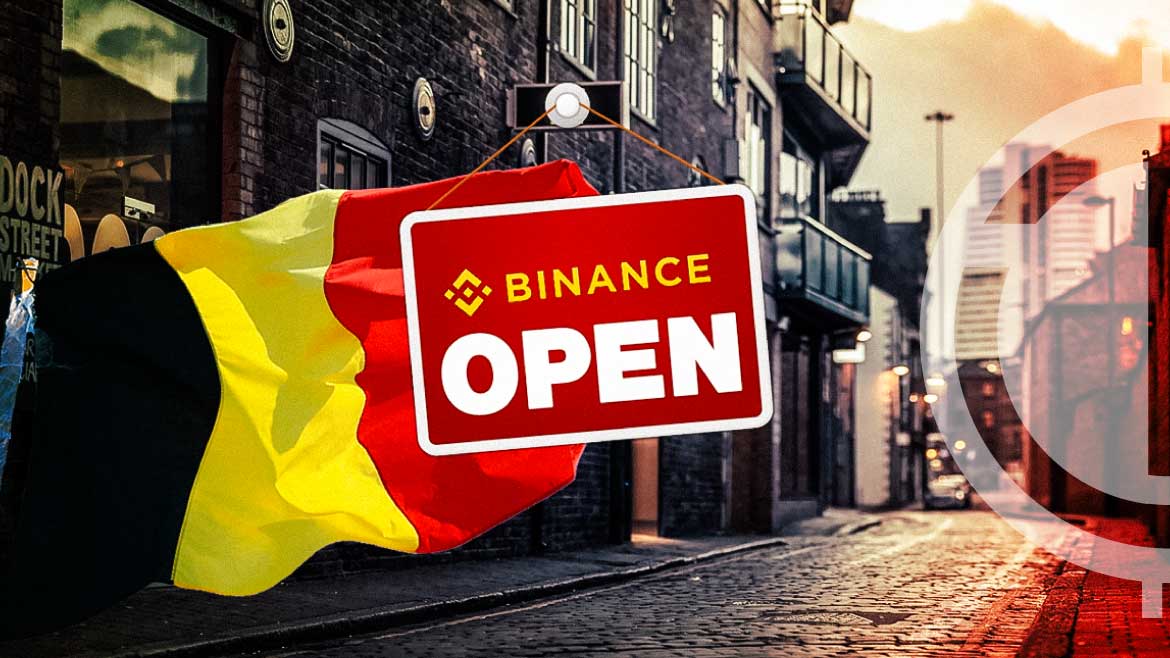- Binance reopens services in Belgium, complying with FSMA regulations.
- Binance and MUFG’s Trust arm explore stablecoin issuance in Japan for 2024.
- Binance’s stablecoin launch in Japan slated for 2024, pending regulatory approval.
After a three-month suspension, Binance has reopened its services to Belgian residents. The resumption comes following a June 23 order from Belgium’s Financial Services and Markets Authority (FSMA). The FSMA had accused Binance of violating the nation’s anti-money laundering and counter-terrorism financing laws, specifically for offering crypto-related services “from countries that are not members of the European Economic Area.”
On September 25, Binance announced via a post on X (formerly known as Twitter) that it had reopened registrations for Belgian residents. The exchange confirmed that various products and services would be accessible again to Belgian users who agree to the new Terms of Use. Binance wrote:
Great news for our Belgian community 🇧🇪
— Binance (@binance) September 25, 2023
We've now reopened registrations and access to #Binance products and services in Belgium. https://t.co/IActiqYMjm
The FSMA’s directive was immediate and required Binance to contact all its Belgium-based clients to return all crypto and private keys held by the exchange. In response, Binance rerouted its services for Belgian customers through its Polish-registered subsidiary, Binance Poland sp. z o.o., which had been registered as a virtual asset service provider in January.
As of press time, Binance has not disclosed what changes were made to its operations to comply with Belgian regulations. Both Binance and the FSMA have yet to comment on the matter.
Furthermore, Binance is also part of a joint study with the Trust arm of Mitsubishi UFJ Financial Group (MUFG) to explore issuing public blockchain stablecoins in Japanese Yen and other currencies. The Progmat blockchain tokenization platform, founded by MUFG and now jointly owned by other major Japanese banks like SMBC and Mizuho, will be the basis for these stablecoins. The stablecoins are expected to launch in 2024, subject to the receipt of an Electronic Settlement Methods Transaction Business Provider license.
Japanese legislation enacted in June supports various types of stablecoins, including those issued by trusts like Mitsubishi UFJ Trust. MUFG has also been working with DataChain and TOKI technology to issue stablecoins on multiple public blockchains, including Ethereum, Cosmos, Polygon, and Avalanche. Tatsuya Saito, Founder and CEO of Progmat, stated that the stablecoins would not be limited to Japanese users and emphasized the collaboration’s potential to advance Web 3.0.






